
Building leaders who won’t fear change
The School of the Built Environment at London Metropolitan University (LMU) is welcoming its first cohort of students this month. Dean of the new school Sean Flynn MCIOB tells CIOB People about the ethos that underpins the academic programme and how it will help shape the next generation of construction professionals
Tell us about the new school and why it has been launched.
We read a lot about the skills shortage in the press. LMU has become acutely aware of the skills shortage across our sector and, as such, saw an opportunity to help widen participation in the industry.
The university wanted to offer an opportunity for our future students to benefit from a transformative education that could catapult them into what I know is a wonderful career in the built environment. That was the biggest driver.
We are also looking ahead to what people are going to need if they want to enter the industry in the near and mid-future, as well as addressing some of the big ticket issues that London, the UK and the globe are facing.
Our mission for the School of the Built Environment is to create a student experience that helps shape the professional lives of our graduates.
We are going to do that by offering a programme of undergraduate and postgraduate courses that are diverse and vibrant.
LMU’s approach to education is embedded in inclusiveness, internationalisation, employability and professionalism.
How has your background in the industry helped to shape the course content?
Due to my experience in construction, I am focused on ensuring our future students will be prepared for employment when they graduate, able to grow and develop into well-rounded professionals in the future.
To do that, we are working with employers to make sure we are embedding employability skills into all our courses.
School of the Built Environment
The new school’s courses will be run from LMU’s Holloway Road Campus. The first intake includes:
- MSc Construction Project Management (September 2023)
- BSc Construction Management (September 2023)
- BSc Quantity Surveying (September 2023)
- MSc Quantity Surveying non-cognate (January 2024)
- MSc Real Estate non-cognate (January 2024)
- BSc Architectural Technology (September 2024)
- BSc Real Estate (September 2024)
Some of that will involve opportunities for engagement with industry – not just guest lectures but working on live projects, which will feed into authentic assessment.
We will also embed industry-standard software and technology into the courses, so our graduates will be ready for their future careers.
It’s really interesting that we are having a lot of conversations with industry about the potential for establishing courses in environmental science and sustainability.
To take that forward, it will be essential to have input from employers because it is such a fast moving area.
I want to make sure that the courses we are putting together really do address the needs across the industry.
I envisage postgraduate courses being quite an active area for those types of courses to perhaps reskill or upskill people who are already working in the built environment sector.
I see that as part of our contribution to the global drive to net zero. That’s where we can play an important role.
How will equality, diversity and inclusion be embedded in the teaching and course content?
LMU has a leading track record in widening access and participation to groups that are traditionally underrepresented in our sector.
We are proud to be such an inclusive university and we absolutely acknowledge the role this plays in driving social mobility.
Due to the employability prospects and professional nature of our courses, we are contributing to the social mobility of our students.
Equity and inclusion underpin everything we do here at LMU. Our Education for Social Justice Framework aligns our curricula and practice to principles of equity, who our students are and the challenges facing London and its communities. This sits at the heart of all our courses.
Every course has been designed with the objective to remove any arbitrary and unnecessary barriers to learning.
Irrespective of the group or groups to which each student belongs, we aim to provide an experience that will raise aspirations and support achievement for people with diverse backgrounds.
With a diverse student body, we need to provide opportunities to allow them to listen to their peers’ experiences and maybe reflect on the different challenges people from minority backgrounds often face.
Students will be required to develop solid professional skills and softer skills through networking and CPD… It’s not an option, it’s a priority, because we know how important it is for students to engage with industry and with professional bodies
It is a global industry, so we want to produce students who are capable of travelling the globe and successfully working in different places.
The only way to do that is by encouraging them to think about different perspectives on issues such as ethnicity, culture and nationality, and reflecting on how that can impact the procurement, design and delivery of projects.
We’ll do that by using case studies from across the world, which will allow us to bring students’ attention to the challenges construction professionals can face when working in different countries and cultures.
What other areas are you focused on to ensure students are equipped for a career in the industry?
We are going to mandate that all of our students join one or more professional body as a student member and engage with CPD from the outset.
We will also offer them extracurricular activities, as well as invites to external and internal events.
We have embedded a professional development journey into the course, for which students will be assessed. They will be required to develop solid professional skills and softer skills through networking and CPD.
This will form part of their professional development journey, which will be assessed at every level of their study.
It’s not an option, it’s a priority, because we know how important it is for students to engage with industry and with professional bodies.
Unless you know someone in the industry or have a family member who, for example, is a quantity surveyor or an engineer, it can be very daunting.
If we don’t facilitate those networking opportunities and encourage them to join a professional body, they can find it very difficult and we’ll likely lose that person from the industry.
What are the emerging skills and attributes that will be most important for the next generation of talent coming into the industry?
Certainly, from my conversations with employers and in my own networks, and it might sound a bit clichéd, but resilience and adaptability.
The ability to respond quickly and positively to change will be increasingly important. For example, technology will fundamentally change the industry and people’s roles, so you have to be resilient and adaptable.
Creativity is another skill that is often overlooked. To be successful in construction and the built environment, you have to be creative. I think the professional bodies, and the industry more broadly, really need to engender that in people.
If we’re going to solve a lot of these big issues we’re facing, we need future professionals who can think creatively to solve problems and who aren’t frightened of change.
Comments
Comments are closed.


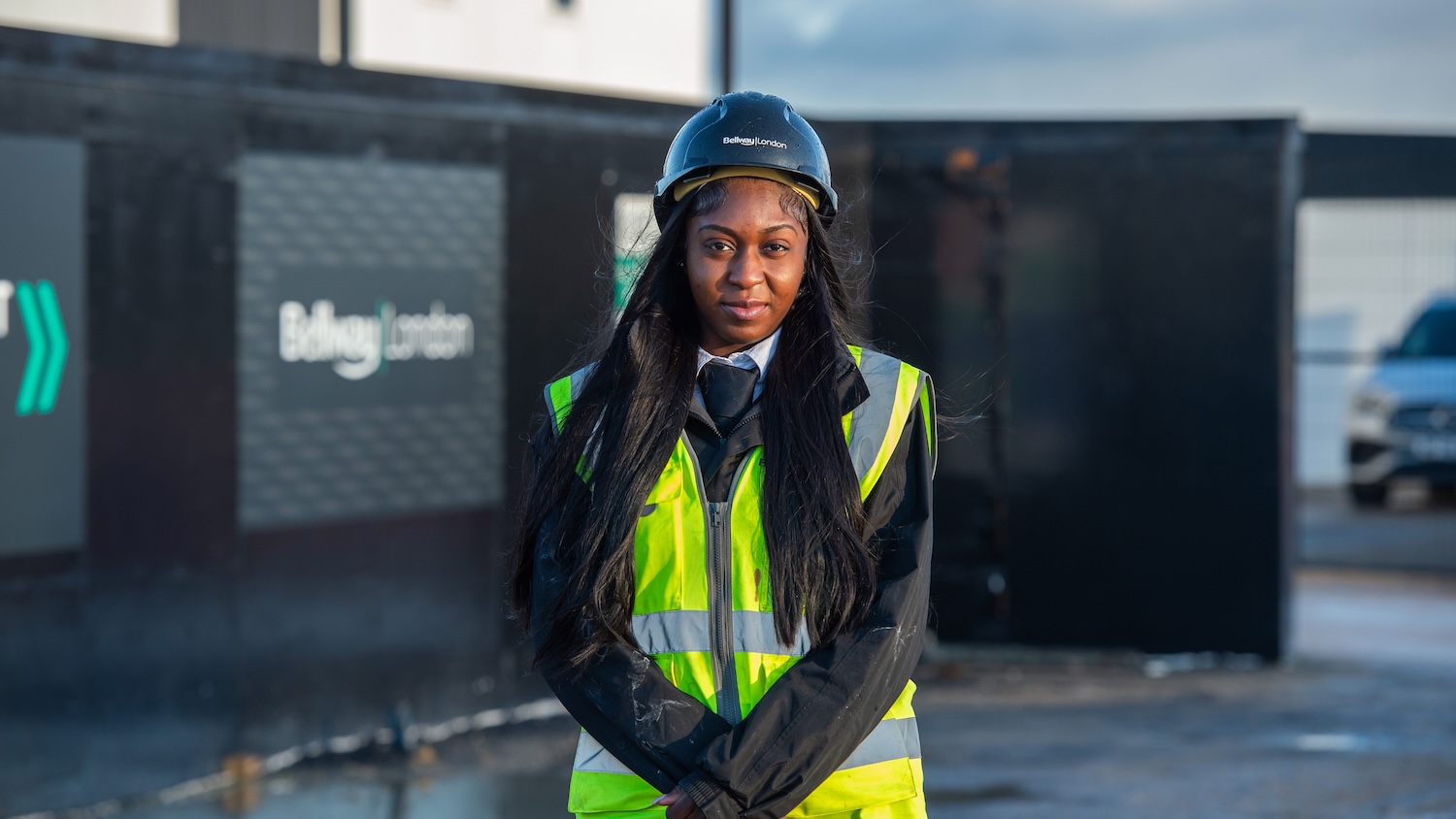
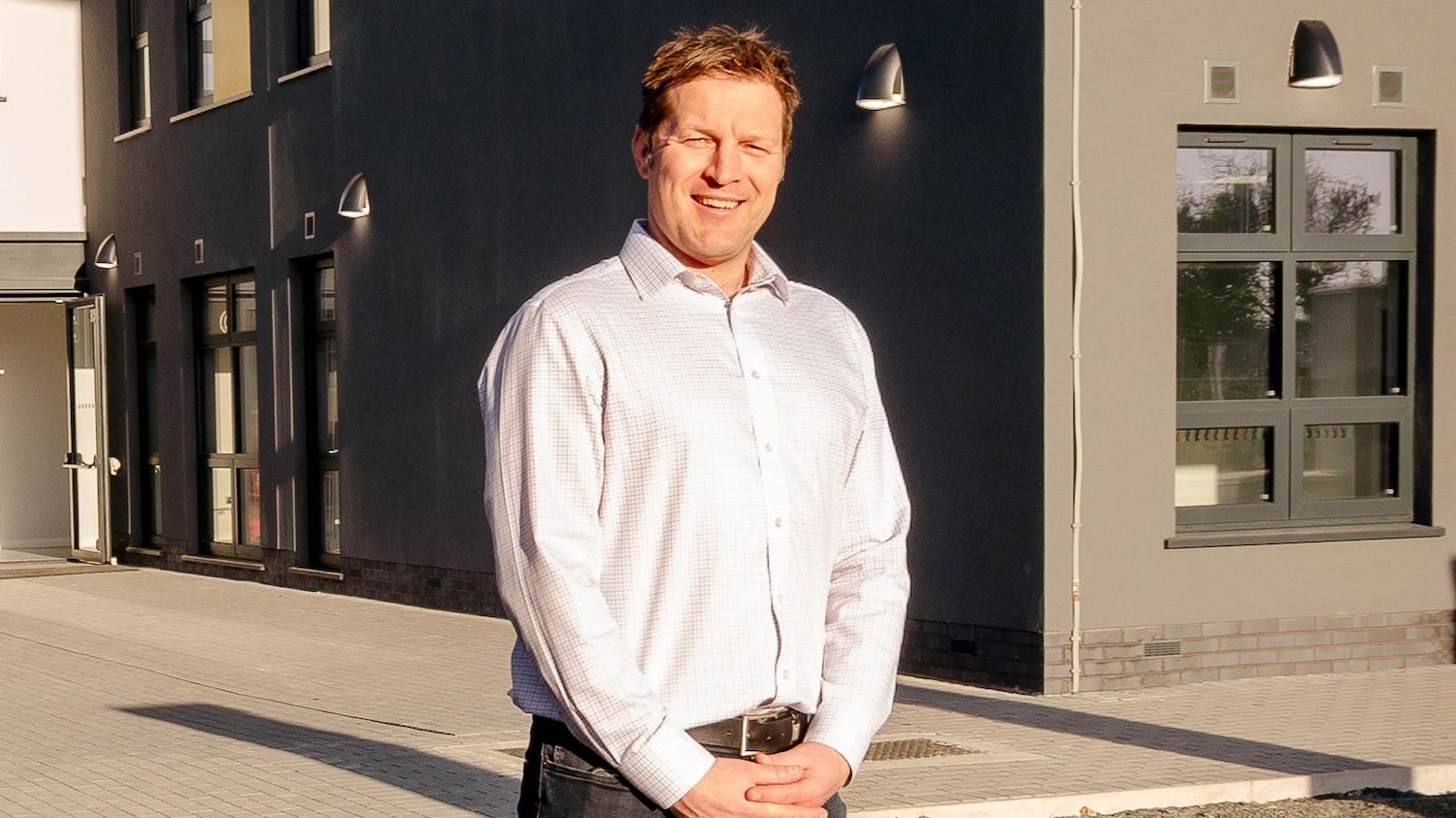
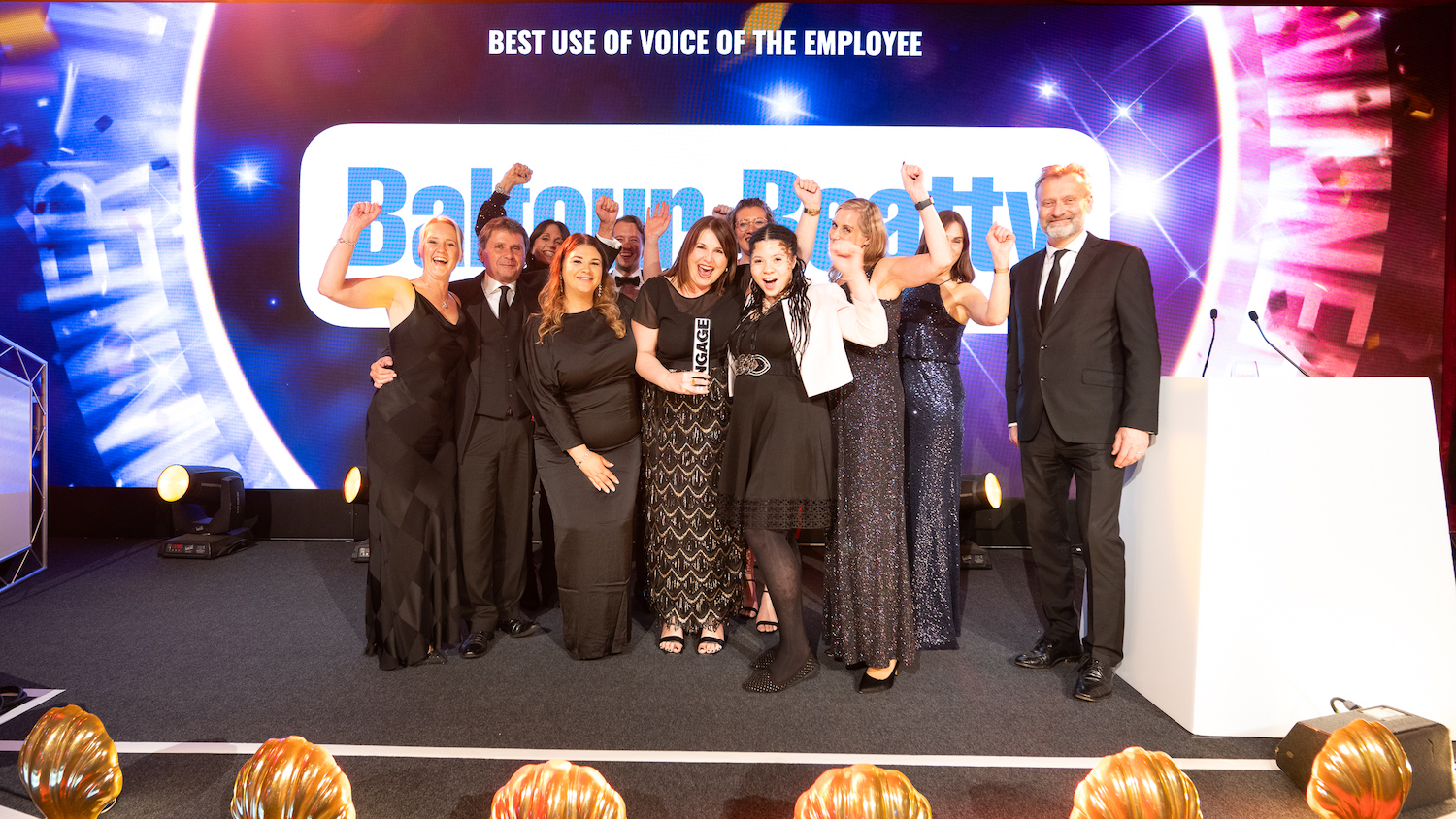
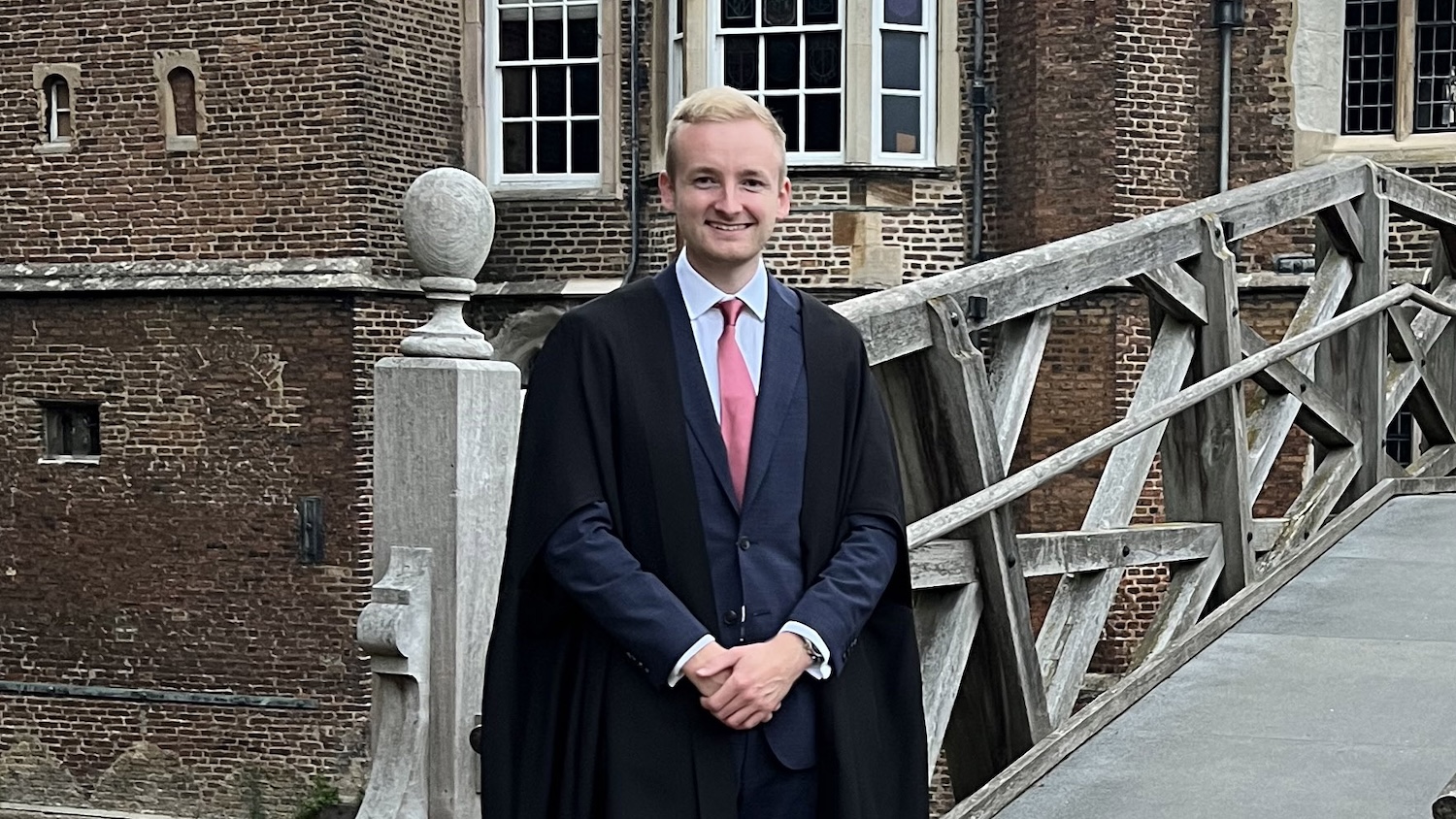

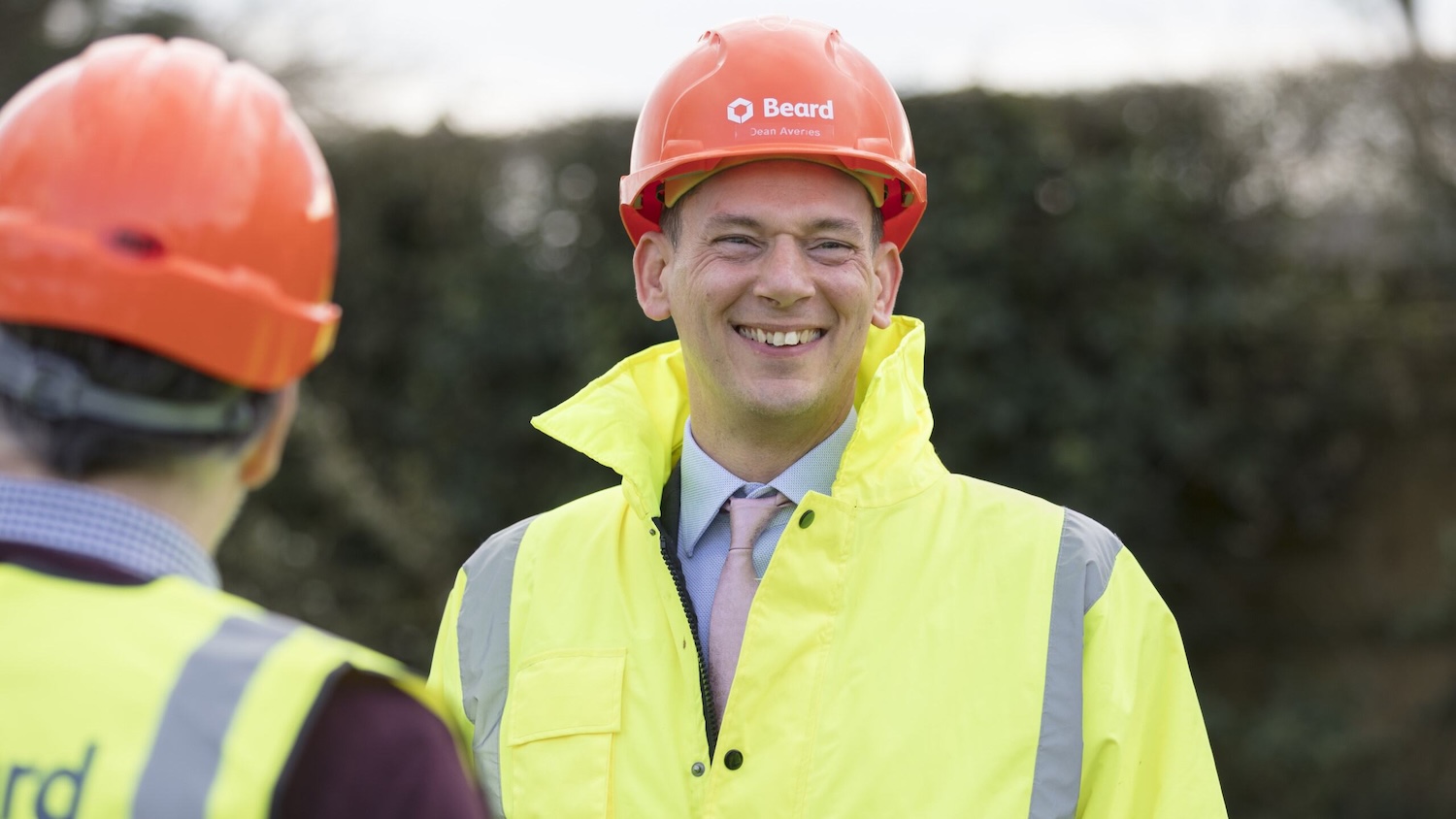
The main skills shortage I see from my 47 years in the industry are: how to get the best from people, how to get on with people, how to build teams, how to create an environment where everyone can come to work and do their best work, how to create psychological safety, how to promote diversity of thought and how to include that thinking. I call these real skills as in being real as human beings. We downplay them by calling them “soft skills”.
In my role as a leadership team coach I see plenty of technical skills – the change that’s needed is for leaders to let the people get on with the technical stuff and they embrace being a human working with other humans but they find it difficult cos that was never on the curriculum. As MICE FCIOB with a civil engineering degree I was never taught ‘real’ skills, I got up the greasy pole by force of will and determination to get the job built – my way. That may have worked back then (I’m not even sure it did) but not now. The world has changed, though I am not sure the industry has.
Tech growth is exponential, social growth (how we work together and cope with the world) is relatively flat. The growing gap leaves us feeling that we are not keeping up and is starting to bite.
What skills are you mainly teaching? I bet its technical with a few soft skills thrown in. I’d be delighted to hear I am wrong and its the other way round.
Dave Stitt FCIOB PCC